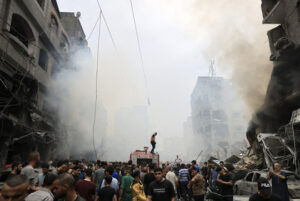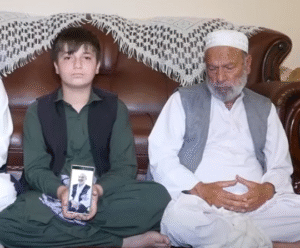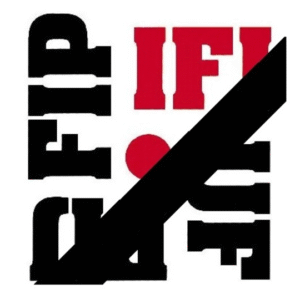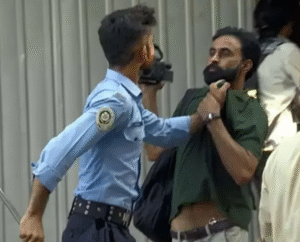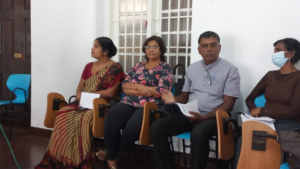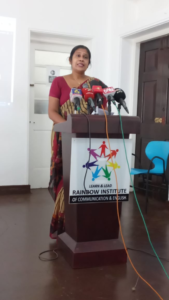The Presidential Environment Awards Ceremony 2025
The Presidential Environment Awards Ceremony 2025, held in Colombo under the patronage of President Anura Kumara Dissanayake.
The event is annually organized by the Central Environmental Authority to ensure environmental sustainability in Sri Lanka by recognising industries, government and private institutions, nongovernmental organisations, media institutions, schools dedicated to environmental protection and community participation that have made an outstanding contribution to environmental conservation.
The programme also aims to promote a culture of environmentally friendly industries, businesses and services in the country, to encourage society towards environmental stewardship and to enhance public participation in sustainable development.
This year’s Presidential Environment Awards Programme was held in collaboration with the Clean Sri Lanka Programme, conducted under the theme “A Beautiful Island – A Contented People”, marking a special feature of the event.
A total of 132 awards were presented under nine categories; Environmentally Friendly Industrial Sector, Government Institutions Sector, Private Sector, School Sector, Renewable Energy Production Projects Sector, Innovative Eco-Friendly Creations Sector, Environmental NonGovernmental Organisations Sector, Media Sector and Social Media Sector, including 17 Gold Awards, 29 Silver Awards, 38 Bronze Awards, 47 Merit Awards and one Special Jury Award.

